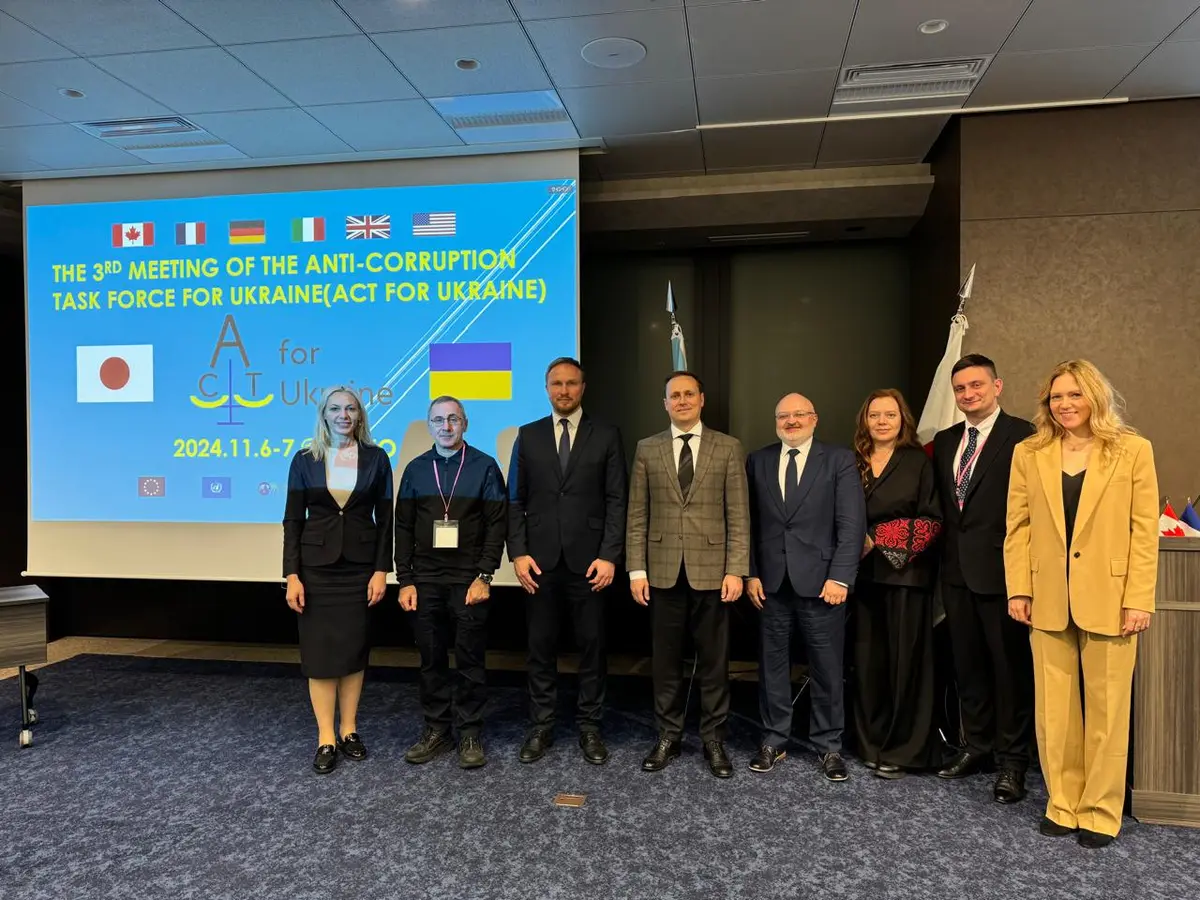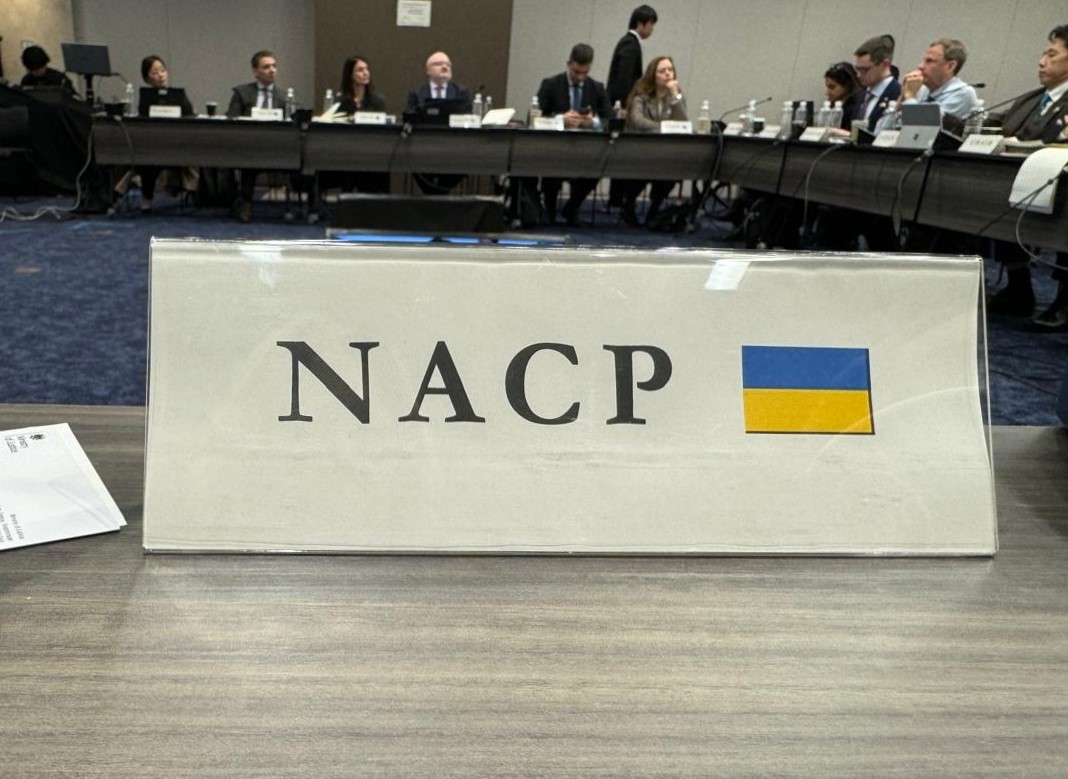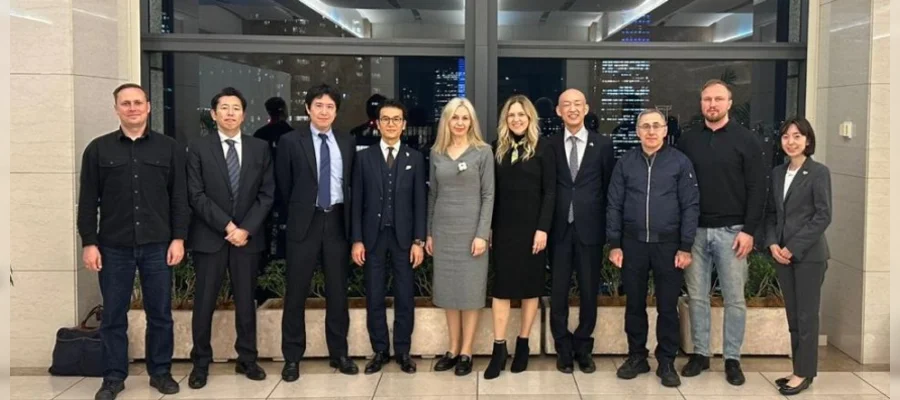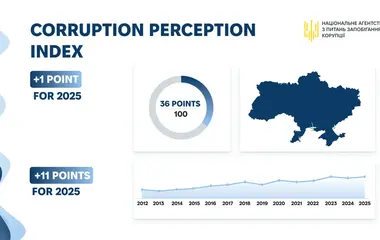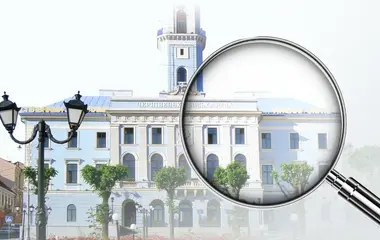 Representatives of the National Agency on Corruption Prevention (NACP), the National Anti-Corruption Bureau (NABU), the Specialized Anti-Corruption Prosecutor's Office (SAPO), the High Anti-Corruption Court (HACC) and the Prosecutor General's Office took part in the third meeting of the Anti-Corruption Task Force for Ukraine (ACT for Ukraine), which took place in Tokyo, Japan.
Representatives of the National Agency on Corruption Prevention (NACP), the National Anti-Corruption Bureau (NABU), the Specialized Anti-Corruption Prosecutor's Office (SAPO), the High Anti-Corruption Court (HACC) and the Prosecutor General's Office took part in the third meeting of the Anti-Corruption Task Force for Ukraine (ACT for Ukraine), which took place in Tokyo, Japan.
The ACT for Ukraine Task Force is a platform for exchanging information on projects supporting anti-corruption measures in Ukraine by the G7 countries and international organizations, identifying problems to be solved, and discussing measures to improve cooperation. The meeting was organized and initiated by the Ministry of Justice of Japan, which serves as the group's secretariat.
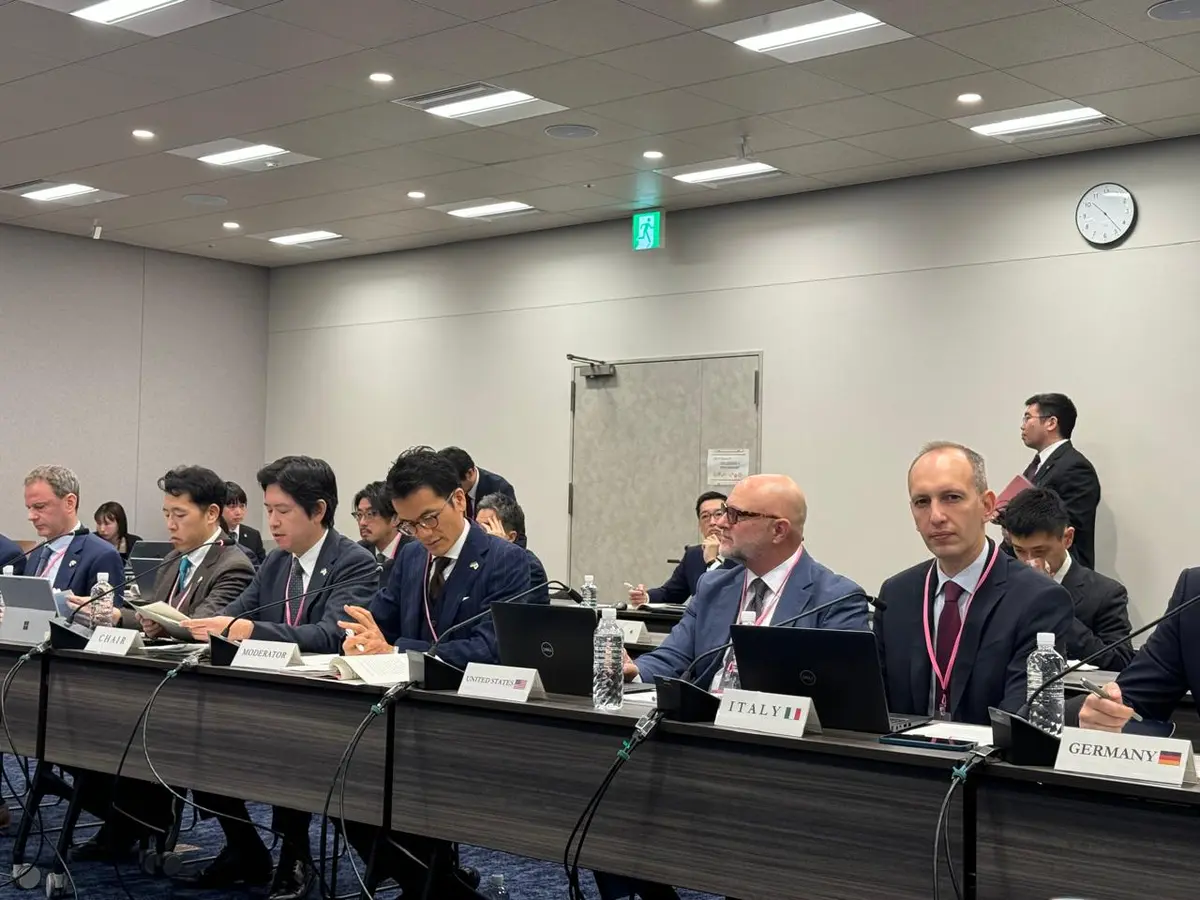
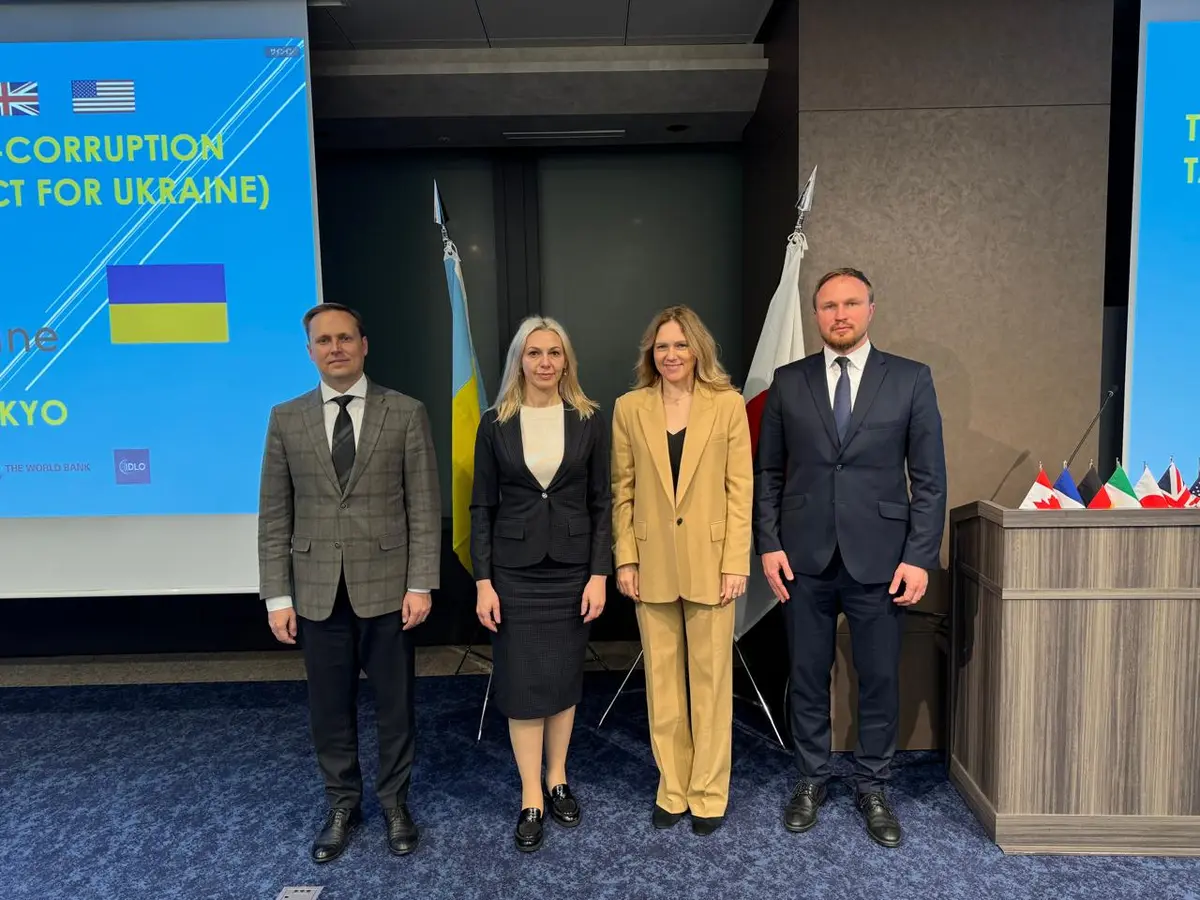
UNDP in Ukraine, with support from the Government of Japan, has previously conducted an analysis of support for anti-corruption reforms in Ukraine. This comprehensive report, presented by UNDP Ukraine, highlights key initiatives, findings and critical gaps in the anti-corruption sector, and sets the direction for future efforts.
NACP was invited to participate in ACT for Ukraine for the first time. The agency was represented by Olena Konoplia, Head of the Department of Communications and Information Policy, who presented the main areas of the agency's work and spoke about the challenges faced by the corruption prevention system in Ukraine.
Among the positive developments in the field of financial control, the meeting participants were interested in increasing the efficiency of full audits of public officials ' declarations from 19% in 2021 to 45% in 2024 and the introduction of the auto-filling function of declarations. In terms of preventing corruption risks, the level of implementation of NACP anti-corruption expertise of draft legal acts submitted to the Verkhovna Rada or the Cabinet of Ministers of Ukraine increased to 90%. This is one of the most effective anti-corruption mechanisms when corruption risks are mitigated at the stage of rule-making. The conclusions of the NACP anti-corruption expertise are public. NACP has also identified hundreds of corruption risks as part of its strategic analysis in priority areas of the state's activities and provided recommendations for their elimination. However, the level of implementation of NACP recommendations by the authorities needs to be significantly improved.
NACP team discussed about the whistleblowing institution in Ukraine, in particular, the start of the practice of paying whistleblowers and the intention to implement the relevant EU directive on the protection of whistleblowers' rights into Ukrainian legislation. During the year of operation, the Whistleblower Reporting Portal received more than 4,000 reports of corruption, and nearly 70 people were recognized as whistleblowers.
The implementation of the State Anti-Corruption Program for 2023-2025 (SACP) remains the NACP main achievement and challenge. As the author of the State Anti-Corruption Program and coordinator of its implementation, NACP seeks to increase the share of measures implemented by various authorities in a timely and complete manner and emphasizes that anti-corruption reforms in each area are primarily the responsibility of the relevant ministries or central executive authorities.
An important component of the SAP is information and awareness raising. The Communication Strategy for Preventing and Combating Corruption developed by NACP and approved by the Government last year is already being implemented through a series of information campaigns and events aimed at raising public awareness of corruption and its consequences; reducing the level of tolerance for corruption; and increasing the willingness of Ukrainians to report corruption offenses.
In a recent report, the European Commission positively assessed the role and results of NACP, noting, among other things, its independence from political and vested interests.
Among the priorities and challenges for the next year, the NACP identifies, first of all, the implementation of the current Anti-Corruption Strategy and the SAP and minimization of factors affecting their proper implementation; development and approval of the future Anti-Corruption Strategy and Program, which should come into force in 2026; eliminating the most common practices in the most corruption-affected areas; building the institution of whistleblowing; increasing the level of implementation of NACP recommendations to reduce corruption risks with a focus on the reconstruction and defense sectors; reducing the use of corrupt practices by citizens through educational and information campaigns; and introducing the Transparency Register.
"The NACP's role in shaping anti-corruption policy and developing the system of corruption prevention is important. The measures implemented in Ukraine and the challenges and problems associated with the war do not stop our efforts and we are moving forwards,” Olena Konoplia said following the trip.
As a reminder, the G7 Justice Ministers pledged to support anti-corruption efforts to rebuild Ukraine in May 2024, noting that these commitments would be implemented through ACT for Ukraine, and the results would be presented on the eve of the annual meeting of G7 Justice Ministers.
